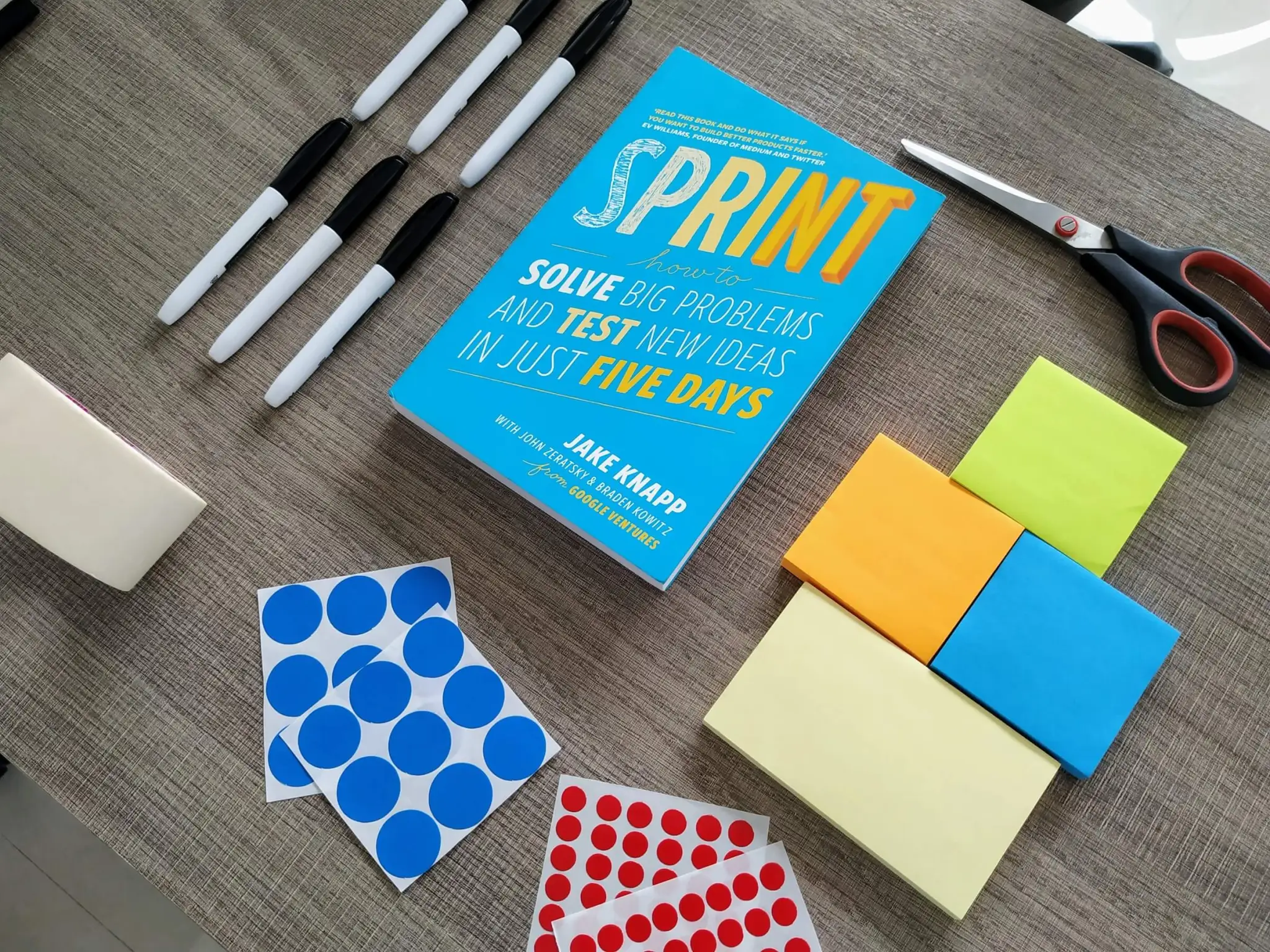Creativity has long been romanticised as a flash of inspiration – a sudden spark that strikes when we least expect it. But in reality, creativity is rarely about waiting for a eureka moment. It is a process, an intentional act of shaping ideas, testing possibilities, and refining concepts. True innovation doesn’t just emerge from raw imagination; it comes from structure, discipline, and the willingness to iterate.
At Managed Wisdom, we believe that creativity is not just an individual talent but a collective process. The most powerful ideas don’t emerge in isolation; they are cultivated through collaboration, feedback, and structured problem-solving. That’s why we apply methodologies like the Design Sprint and Foundation Sprint to help organizations turn creative energy into tangible innovation.
Structure as a Catalyst for Creativity
Some may argue that structured processes limit creativity, that they impose constraints on free thinking. But in reality, constraints fuel creativity. The most innovative breakthroughs often come from working within a defined framework. The Design Sprint, originally developed by Google Ventures, is a prime example. It compresses months of ideation, prototyping, and validation into just a few days, pushing teams to focus on solutions rather than endless discussions.
Then there’s Foundation Sprint, a methodology developed by James Knapp, which takes a step back to deconstruct assumptions, clarify purpose, and align stakeholders before diving into execution. If Design Sprints accelerate solutions, Foundation Sprints ensure that we’re solving the right problem to begin with. The two complement each other, one setting the stage for clarity, the other driving momentum toward action.
By applying these processes, we don’t leave creativity to chance. We guide it, refine it, and ensure it leads to meaningful outcomes.
The Human Element of Innovation
Despite all the tools and processes available, there is one thing that cannot be engineered: the human experience behind every idea. AI can generate designs, analyze trends, and predict market movements, but it cannot replicate the depth of human insight, the feeling of knowing when an idea just “clicks” or the intuition that tells us to pivot in a new direction.
Creativity is deeply personal. It’s shaped by our backgrounds, our struggles, and our lived experiences. That’s why, at Managed Wisdom, we emphasize human-centric innovation. We don’t just help companies generate ideas, we help them uncover the deeper “why” behind their challenges, ensuring that creativity leads to solutions that are not just novel, but meaningful.
Making Creativity Work for You
Innovation isn’t magic. It’s a process that can be learned, practiced, and optimized. Whether through sprints, workshops, or strategy sessions, the goal is always the same: to unlock human potential, not replace it. The future of creativity isn’t about machines doing the thinking for us. It’s about harnessing the right tools and frameworks to make human ideas more powerful, more impactful, and more real.
And in the end, isn’t that the true essence of creation?
